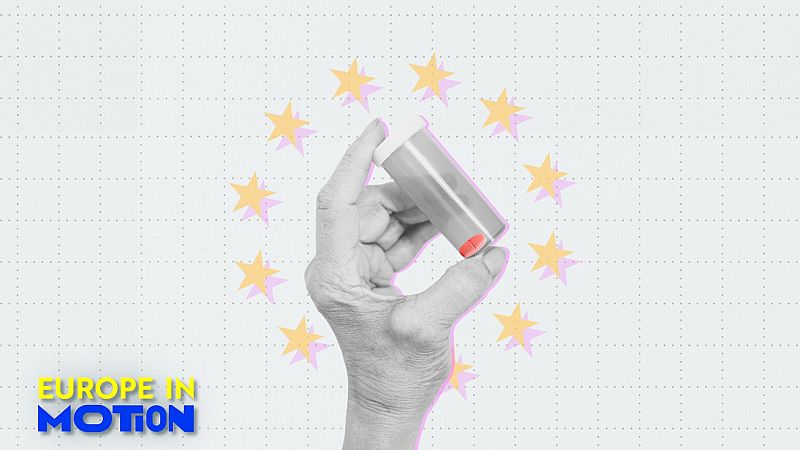'A persistent issue': Which medicines are in short supply in the European Union?

Supplies of 136 medicines that are considered "critical" for people's health were in short supply in the European Union between 2022 and October 2024, according to a new report by the European Court of Auditors (ECA).
This reached record levels in 2023 and 2024, with 48 and 46 critical shortages per year, respectively.
No fewer than 21 out of 27 member states reported critical shortages from the beginning of 2024 until the end of October 2024.
Belgium, Spain, and France reported the highest critical medicine shortages.
In January 2024, 19 countries in the European Economic Area (EEA) experienced shortages of winter antibiotics, with 11 countries recording critical shortages.
"Medicine shortages are a persistent issue across the EU, and that's still a chronic headache for the Union. But they have grown in frequency and severity, reaching record levels in 2023 and 2024," the ECA's Klaus-Heiner Lehne told journalists while presenting the report.
What is causing this issue?
These shortages are due to several factors, including increased demand, manufacturing delays, production capacity issues, and rising energy costs.
"Low level of reward for resilience in national procurement procedures has increased price pressure," the report stated.
Production costs in the EU are estimated to be 20% to 40% higher than in Asia.
This leads to the EU depending on Asia for 70% of its active pharmaceutical ingredients and 79% of its medicine precursors (the biochemical substances from which they are formed), according to the analytics company IQVIA.
This situation has an impact on patients and represents a significant economic cost to national health systems.
How do EU countries report their lack of supply?
However, making comparisons between EU countries is challenging, as there are disparities in the way countries report medicine shortages.
For instance, Italy needs to notify authorities four months prior to any supply interruption.
Meanwhile, Austria only needs to provide immediate notification of prescription-only medicines if they are in short supply for more than two weeks.
Stockpiling measures for medicines also differ.
For example, in Denmark, the national stockpiling requirement is six weeks of expected sales, while Germany requires six months of buffer stocks.
Amoxicillin, a common antibiotic used to treat many infections, and verteporfin, which treats a broad range of eye conditions, were both in the list of critical shortages at the end of 2024.
Today

